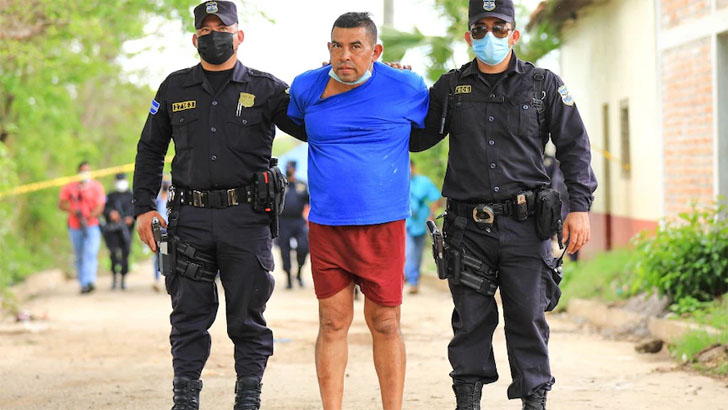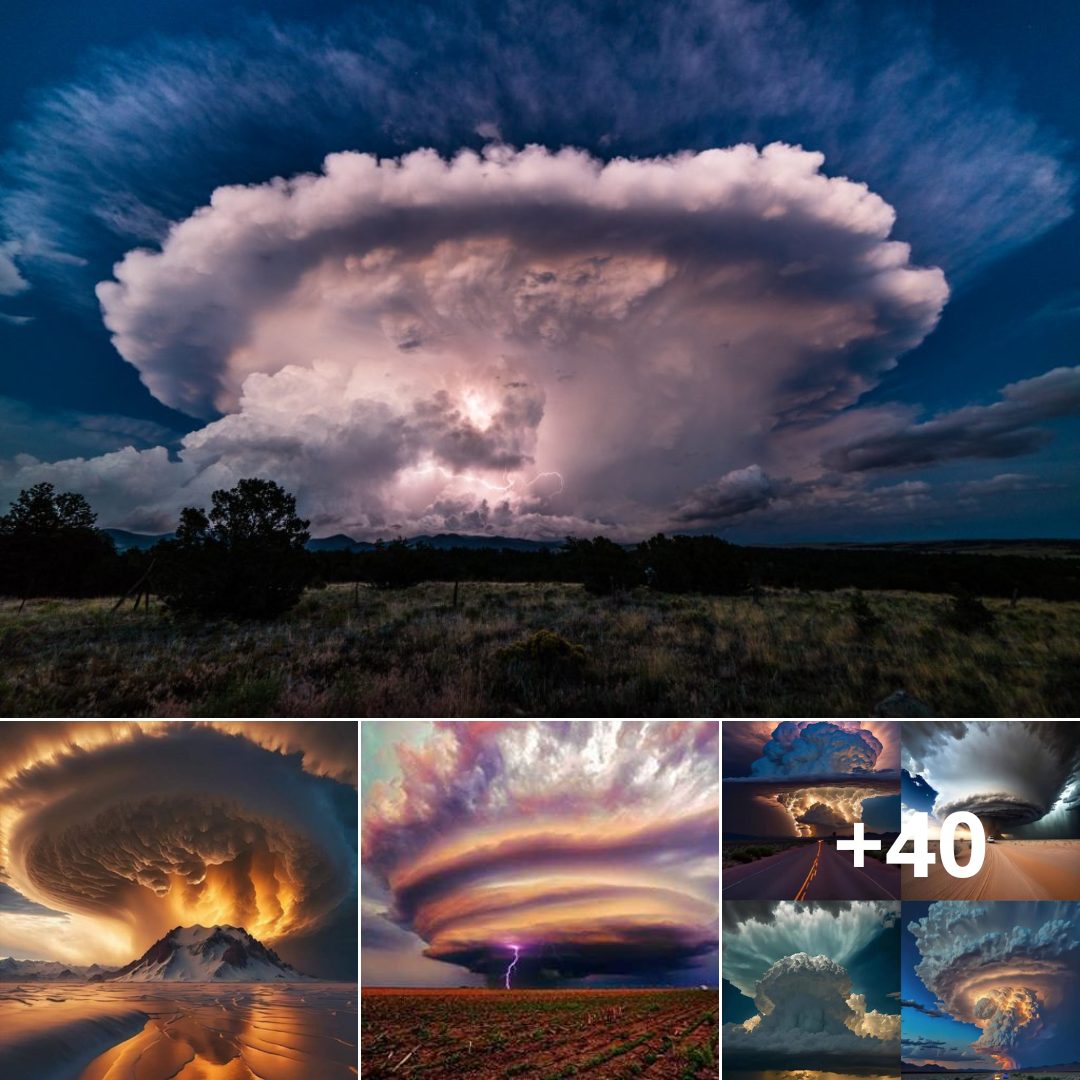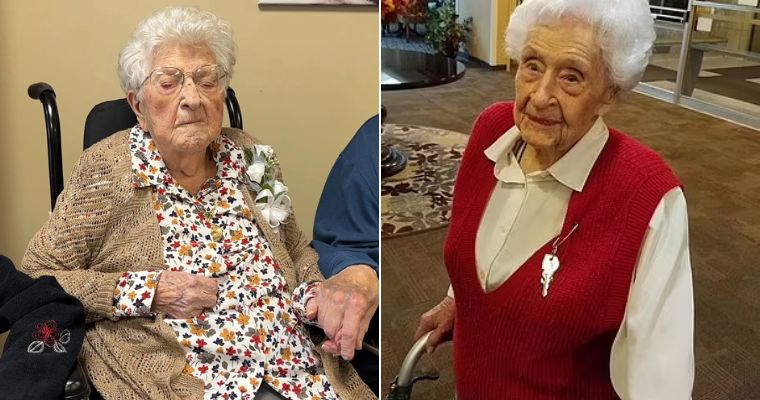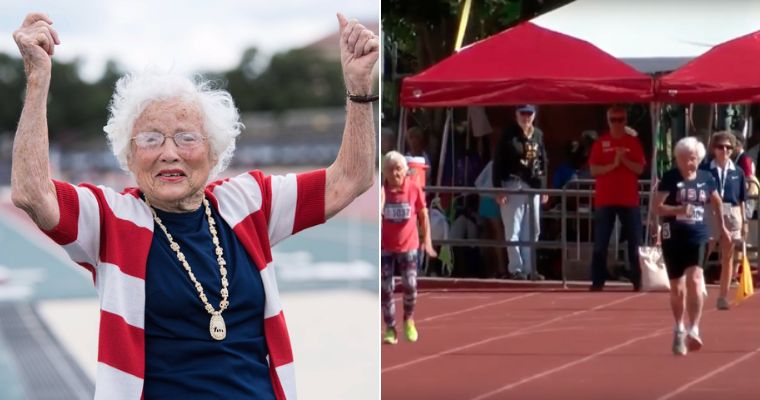Chairs and bicycles lie abandoned at the scene of a shooting at a July 4 celebration and parade in Highland Park, Ill., last year. (Tannen Maury/EPA-EFE/Shutterstock)
The Illinois House on Friday passed a bill to ban the sale, manufacture, delivery and purchase of assault weapons six months after a shooting at the July 4 parade in Highland Park left seven people dead.
After a 64-43 vote, the legislation moves to the state Senate, where Democrats hold a supermajority and hope to send it to Gov. J.B. Pritzker (D) before Wednesday, when the session ends.
The legislation advances more than six months after the most significant federal action on gun control in decades and as gun-control advocates nationwide search for ways to enact laws that could hold up to scrutiny from the Supreme Court, which recently paved the way for more people to carry guns.
Proponents of the Illinois bill say it will stand up in court, due in part to a recent ruling by a Trump-appointed judge in Oregon who said in December that it was constitutional to regulate large-capacity magazines because of the connection between mass shootings and the tool. That reasoning, proponents say, should extend to semiautomatic rifles.
“Getting to this specific bill has been several years in the making,” said Lauren Harper, the Illinois legislative lead for Moms Demand Action for Gun Sense in America. “But the high-profile shootings that happened in Highland Park and Garfield Park definitely pushed lawmakers in the right direction.”
According to the ABC affiliate in Chicago, one person died after 14 people were shot, including three children, in the East Garfield Park neighborhood on Oct. 31.
Pritzker, who was at the Illinois House for the vote, said in a tweet that he planned to sign the bill if lawmakers sent it to his desk.
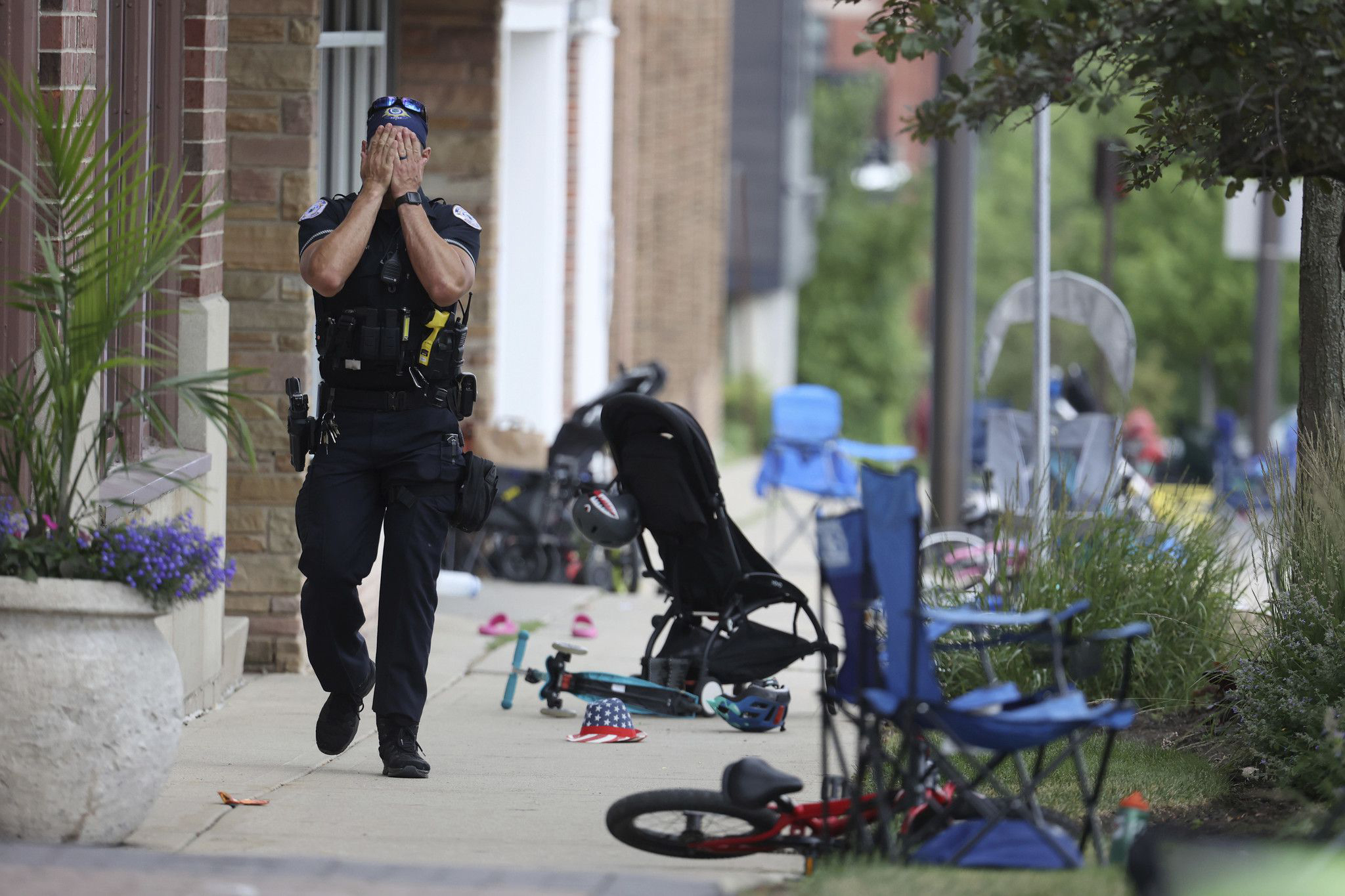
The bill would prohibit magazines from holding more than 12 rounds of ammunition and would assign Illinois police a new responsibility of restricting gun trafficking into the state that borders Kentucky, Missouri and others that have less restrictive gun laws. Illinois residents who own such weapons would be allowed to keep them if the bill were to pass, but they would be required to register them within 300 days of the law taking effect.
In 2020, 1,745 people were killed by guns in Illinois, according to the Centers for Disease Control and Prevention. Roughly half of guns in Illinois traced by law enforcement came from out of state that year, data from the U.S. Bureau of Alcohol, Tobacco, Firearms and Explosives shows.
Harper and state Rep. Bob Morgan (D) hope that by making the prevention of gun trafficking a core mission of the state police, they will lower both those numbers.
Morgan, who represents Highland Park and said he was at the July 4 parade on the day of the shooting, introduced the legislation, called the Protect Illinois Communities Act. He said its passing is a “monumental step” toward limiting gun violence.
“We did what we could to make sure no other community would experience the ripple of trauma we experienced that is just devastating,” Morgan told The Washington Post.
On the day of the Highland Park shooting, a staffer turned toward Morgan and yelled, “Gunshots! Gunshots!” Morgan ran to safety with his family before returning to help, he said.
For Ellie Ander, a mother of three who was also at the July 4 parade, the bill’s passing was a “tremendous relief.” She joined Moms Demand Action in 2018 after a school shooting in Parkland, Fla., left 17 people dead. Days after the gunshots at the parade in her hometown, she got more involved in the organization that works to enact firearm-control laws to reduce gun violence.
“Tragedies like this can happen anywhere,” said Ander, one of 30,000 active Illinois members of Moms Demand Action. “This is a win for safety.”
Gun-control advocates said the bill’s passage is the latest sign that their organizations are gaining increasing popularity with the public — 16 Moms Demand Action volunteers in Illinois were elected to office in November — as the Supreme Court has recently moved to expand gun rights.
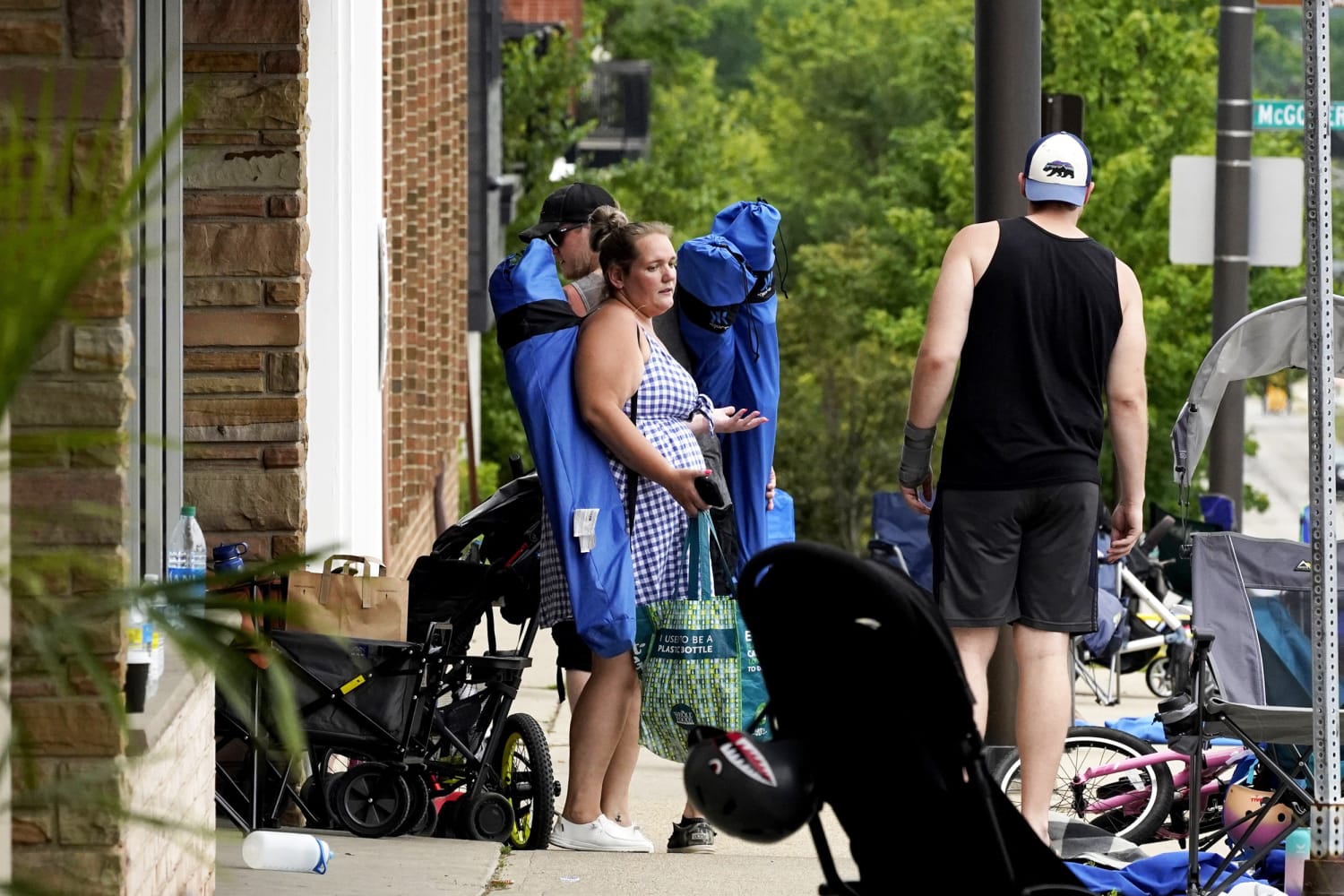
In its June 23 decision striking down a New York law restricting concealed carrying, the Supreme Court wrote that gun laws must be “consistent with this Nation’s historical tradition of firearm regulation.” The court, in a 6-3 ruling, raised the bar for gun control by affirming that law-abiding Americans can carry a handgun outside the home for self-defense.
The court’s decision put at risk similar laws in Maryland, California, New Jersey, Hawaii and Massachusetts.
Two days later, President Biden signed bipartisan gun-control legislation to provide funding for mental health services, programs that allow authorities to seize guns from troubled individuals and school security initiatives. The law expands criminal background checks and bars more domestic-violence offenders from buying guns.
Still, Richard Pearson, the head of the Illinois State Rifle Association, told The Post that his organization plans to file a restraining order as soon as possible if the “unconstitutional” state bill passes.
That could put the measure in jeopardy.
“The advocates could analogize this assault weapons ban to other kinds of weapons bans in the 1800s, but I’m not sure what law they would be pointing to,” said Adam Winkler, a professor at the University of California at Los Angeles School of Law who specializes in gun policy. “There’s at least a decent chance that the law will be struck down.”
Gun-control proponents said they are confident that the bill will hold up in court. Morgan said he and other Illinois legislators “created a law that is consistent with a number of court rulings” and the Second Amendment.





